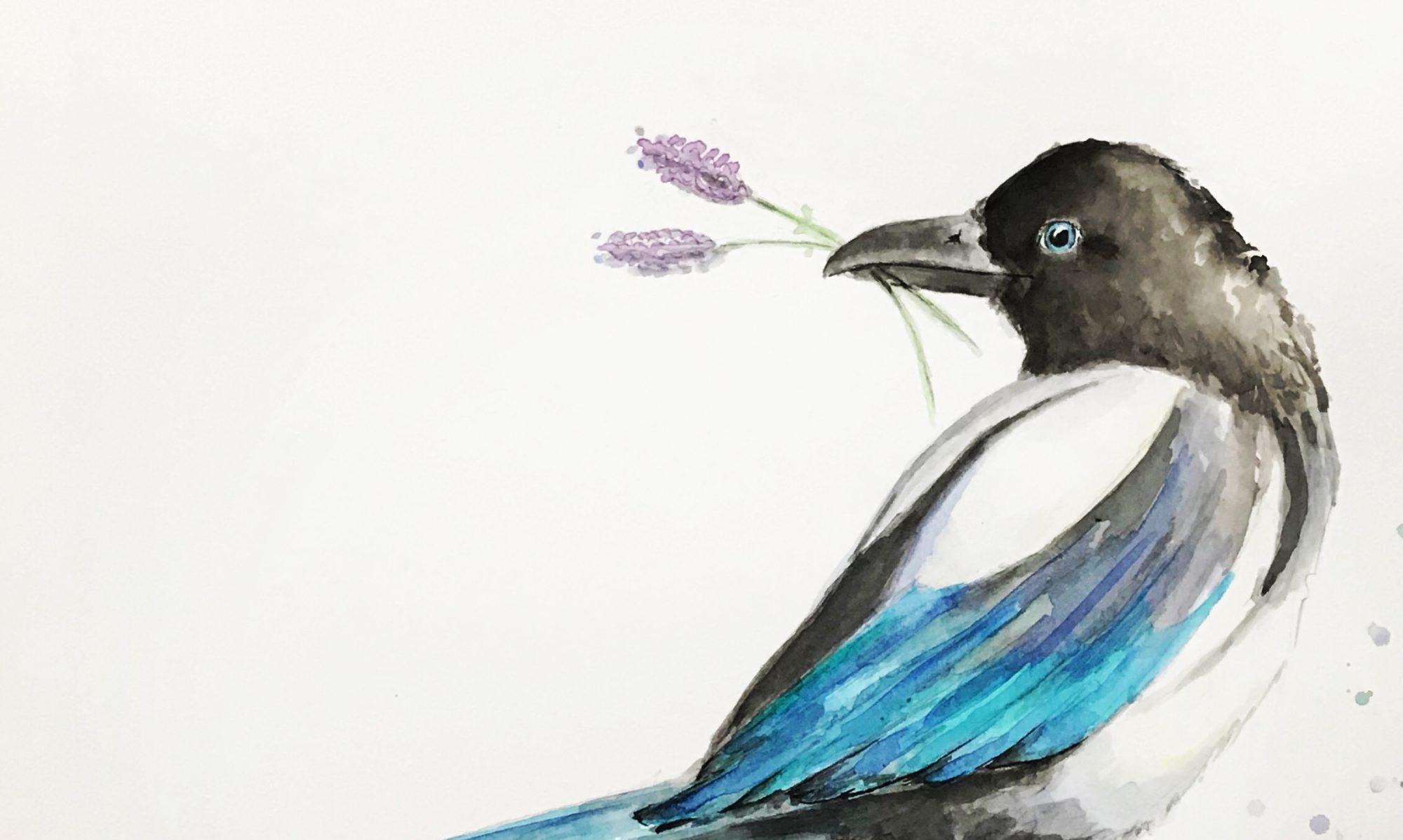Life isn’t always easy. The morning, for a lot of us, seems to be particularly challenging. Most people I know fumble their way through the early hours of the day. The idea of sitting in a sun-drenched kitchen, dressed for the day, and happily sipping coffee while smiling over a bouquet of daisies at your spouse/cat/houseplant sounds more like a laundry softener commercial than reality to me.
Reality is knocking your laptop to the floor when the alarm goes off since you fell asleep binging on TED Talks. After that recurrent tragedy comes the catapulting out of bed and the subsequent collision with the door because it’s winter and the sun is still dozing below the horizon even though you’ve hit snooze three times already.
Then we have the minute-to-win-it power shower, followed by verbally coaxing the coffee maker to brew faster into a travel mug that will inevitably be left on the counter. Add some children to the mix and I imagine your morning routine resembles that Cheaper by the Dozen scene involving a boatload of eggs, a pitcher of OJ, a lacrosse stick and a frog. You know the one I’m talking about? I could be wrong, but I’d wager there are a few of you parental figures nodding in understanding right now.

For those of us with a farm (okay, okay mine is a “microfarm”), our morning shenanigans usually begin out of doors. In extreme heat and deplorable cold, we are out there with our creatures and/or our crops, making the most out of a life a lot of us (in today’s generation) hand selected. Let’s take a quick jaunt through a bit of agricultural history, shall we?
It’s funny to think that just a century ago our country’s agricultural production was almost entirely reliant on sweat equity. It wasn’t until the 1920’s when the increased manufacturing and availability of tractors incited the slow but steady replacement of “horse power” with horsepower.
The decline in workhorses, mules and oxen coincided with the reduction of farms contributing to the food and textile industry. If you couldn’t afford a tractor, you couldn’t compete in product output with those who did, and smaller farms were absorbed into larger, more profitable farms.
Today, this pattern is still prevalent as mega farms buyout mid-size farms, the latter unable to afford the rising cost of land leases and permit upkeeps, not to mention the general maintenance of cultivation and livestock. These mega farms are typically monocultures, producing one specific [cash] crop and producing it rapidly (sometimes in order to squeeze in an additional annual harvest). This monoculture concept isn’t new; in fact, this cultivation method dates back to the early 1900’s before the mechanization era even arrived. That said, the implementation of monocultures wasn’t without skeptics then and the model is facing new critics today. Environmentalists, agronomists and horticulturists alike are reevaluating whether the benefits of monocultures outweigh their disadvantages, specifically in relation to the bionetwork in which they are residing.
So is monoculture agriculture bad for the planet? Well, I suppose that depends. It depends on the size of the crop, the species of the crop, the longevity of the crop and the location of the crop…just to name a few determining factors. It also depends on whether we are including humans in this definition of “the planet.”
While I personally believe that polycultures (growing numerous species amongst one another or rotating various crops in one plot) are advantageous to both the plant as well as the soil they are cultivated on, I am not yet convinced that we, as an ever-growing populace, can survive without mass-produced, readily available, monoculture foods. That said, I find it ironic that we are headed towards a “global food crisis” but have more edible food waste than ever before…
These morning thoughts are triggered by who knows what? I certainly don’t. My right butt cheek is still throbbing a bit from where it met with a concealed patch of ice on my way back to the house after AM chores earlier today. I thought I would write an ode to thick snow pants or perhaps a hate letter to the bitter temperatures freezing the troughs, but I found that my mind, per usual, swayed from the intended topic. So here I am trying to connect back to where I began: with mornings that are rarely sunshine and daisies.

My tush is going to be sore for a few days, I’m sure, and my fingers have just now thawed enough to flitter across the keys, but my coffee is hot and my house is warm and even though I’ll be going back out there later to break ice and fill waters again, it was my choice to be a microfarmer, so this gal isn’t complaining. My little homestead wasn’t handed down through generations and this part-time occupation was never a family obligation. I chose this lifestyle and while some days are more difficult than others (these negative degree days sort of suck, to be honest), I take pride in the care I provide to the creatures who rely on me for their well-being. So later today when I’m trudging through the snow and skidding on the ice that’s only loosely covered below, I will pause (for only a second otherwise I might freeze to the spot) to acknowledge my purpose, and be thankful to have found it. Our country might be composed of a handful of megafarms today, but the microfarms revolution has arrived and there are quite a lot of us starting to return to our agricultural roots and I for one, can’t wait to see where this leads us.
Be well, be warm!
